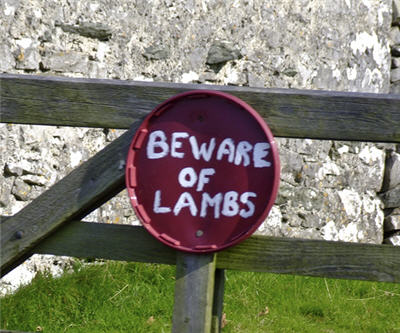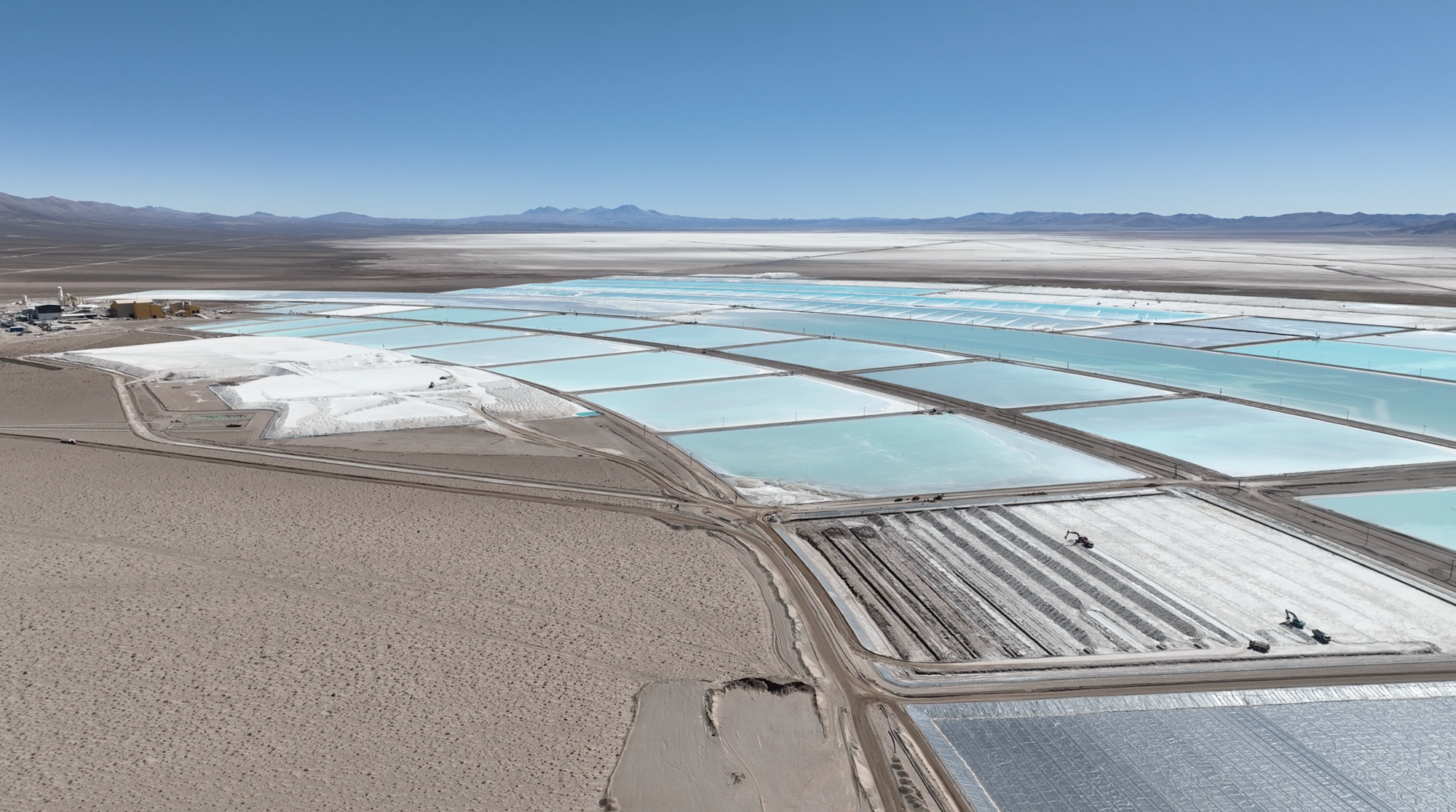Who’s afraid of BHP’s Jansen now?

BHP Billiton’s surprise announcement that it is going ahead with its Jansen potash project in Canada had little impact on the sector on Tuesday.
Potash miners and explorers are still coming to terms with the game-changing announcement by Russia’s Uralkali at the end of July that seemingly overnight turned the potash market from a cozy oligopoly to an open market.
This could explain the muted reaction to the decision by BHP to spend a further $2.6 billion in Saskatchewan to move forward a mine that could dump an additional 8 million tonnes of supply per year on the fertilizer market.
Uralkali (MCX:URKA) fell 2.6% in Moscow, while Potash Corp. of Saskatchewan (TSE:POT) in thin volumes actually trended slightly higher on the news that it may have a large new competitor operating in its back yard.
At $31 and change the Saskatoon company – at one point Canada’s most valuable company – is worth just under $27 billion on the TSX.
The market cap represents an 18% decline since Uralkali’s announcement and well below BHP’s hostile takeover bid of August 2011, but BHP’s move did not persuade shareholders that more pain is coming.
BHP has vowed all along not to join marketing organization Canpotex representing the big three North American producers.
The Anglo-Australian giant’s stance played a role in the rejection of its Potash Corp takeover by Canada’s federal government, but that strategy has now been largely rendered moot.
Potashcorp’s Canpotex partners Agrium (TSE:AGU) and Mosaic (NYSE:MOS) traded in positive territory on Tuesday and the other large-scale producers including Germany’s K+S (OTCMKTS:KPLUY) and Intrepid Potash (NYSE:IPI) in the US showed gains.
Companies still hoping to build new mines took more damage from Jansen.
The UK’s Sirius Minerals (LON:SXX) gave up 5.5%. Sirius, advancing a project in Yorkshire, has been one of the biggest losers, down almost 50% as its prospects are severely crimped by the new realities in the sector.
Saskatchewan’s junior players hoping to build mines in the Canadian province including Karnalyte Resources (TSE:KRN), remains 61% below its pre-Uralkali levels and Vancouver’s Encanto Potash (TSE:EPO) has not recovered either.
Western Potash (TSE:WPX) shed 3.4% on Tuesday, but has come off relatively unscathed amid the carnage – the share’s cumulative losses since the Belaruskali bombshell is just over 10% and year to date the counter is in fact showing gains.
The Vancouver-based company enjoys Chinese backing and a low-cost production plan for its $2.9 billion Saskatchewan mine it hopes to put into commercial production as soon as 2016.
SEE ALSO: Why the break-up of the potash cartel is not such a big deal
More News
Rio Tinto buyout target Arcadium posts loss on falling lithium prices
Rio Tinto plans to create a standalone lithium division after it completes the $6.7 billion acquisition.
February 27, 2025 | 02:10 pm
Panama’s ‘novel ideas’ comments offer hope for giant copper mine
Speaking to reporters in Panama City Thursday, Jose Raul Mulino said he will visit towns near the mine that have been affected by its closure.
February 27, 2025 | 11:00 am
{{ commodity.name }}
{{ post.title }}
{{ post.excerpt }}
{{ post.date }}



2 Comments
ivan
Lets not forget that the initial estimate to get jansen off the ground was upwards of $18bl. So whilst this looks like a substantial play by BHP the monies released for the project by no means portray a significant sign off.
Mariusz
Jansen bill is $12B and recent value improvements have reduced that number… as well that is the cost for all phases – first phase (5MTA capacity) looks like its now about 75% funded, since $2B were already spent. Considering a 3.5 year build window, looks like they are on track – assuming more money will be released in 2015. The industry and pundits have totally misread the Jansen situation to their detriment… AGAIN. This one is going forward, folks.
Agree looks like the juniors are dead which I suspect was the real objective of the play by Urukali.
Buy BHP!